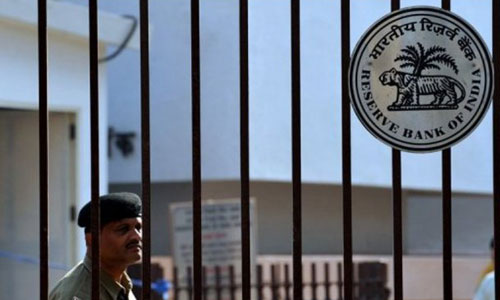 The Reserve Bank of India (RBI) has asked banks to go slow on lending to the commercial real estate projects. The central bank fears an asset price bubble.
The Reserve Bank of India (RBI) has asked banks to go slow on lending to the commercial real estate projects. The central bank fears an asset price bubble.
The RBI advisory comes in the backdrop of a sharp increase in lending to commercial real estate projects in the last one year and non-performing asset (NPA) growth in the sector staying higher than the growth in overall loan delinquencies.
In the last two weeks, RBI has engaged with the top management of several banks. During these meetings, it also sought opinion on performance of the commercial real estate sector.
“The central bank officials indicated that we should go slow on loans to commercial real estate due to an increase in NPAs amid slackening demand for such properties,” said the Chairman and Managing Director of a public sector bank.
According to RBI data, bank lending to commercial real estate registered 20 per cent growth in the year ended May 30 as compared to 1.2 per cent in the previous year.
Bankers said RBI’s concerns stemmed from the fact that in case of a fall in real estate prices, banks would face asset quality pressures.
“Of late, most developers are not going for outright sales. They are leasing properties due to valuation issues. Banks are always more comfortable with outright sales. This is a trend that we have noticed. It has been communicated to the regulator,” said a senior official of a public sector bank.
At present, there is no cap on banks’ exposure to real estate, but RBI insists that banks should get internal limits approved by their boards.
Bankers said they were now cautious and had become selective in giving loans for commercial real estate projects.
RBI has noted that the growth of NPAs in residential mortgages and commercial real estate is 19.8 per cent, higher than the overall NPA growth of 14.8 per cent, in 2010-11. NPA growth in the commercial real estate segment was a staggering 70.3 per cent, with public sector banks suffering most of the losses. Rising interest rates will also put the asset quality of banks that are aggressive in extending real estate loans under pressure, say bankers.





